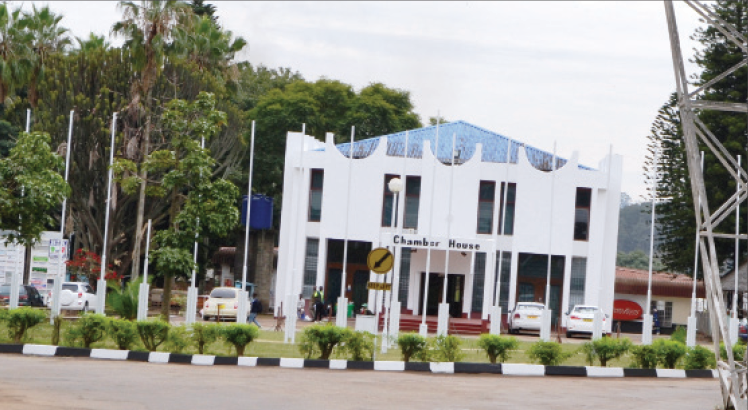Hopes rise for businesses in 2024
Businesses expect better performance this year, a recent survey by the Malawi Confederation of Chambers of Commerce and Industry (MCCCI) has shown.
MCCCI is banking on the stability of electricity supply, availability of foreign currency, and the confidence that an inflow of foreign direct investments will follow as a result of the International Monetary Fund’s Extended Credit Facility and budgetary support from the World Bank.
However, to improve the suppressed business environment, the chamber has urged government to address challenges for a conducive business operating environment.
Reads the MCCCI Business Climate Survey in part: “In an effort to curb inflation, a tight monetary stance was adopted by Reserve Bank of Malawi (RBM). However, inflation was mostly due to supply side effects, especially food.
“Therefore, there is a need to explore other fiscal and monetary instruments rather than the policy rate as a mechanism for dealing with inflation, as such tools tend to slow down economic activities.”

The chamber has also urged government to promote fiscal discipline, reduce public debt which is creating a crowding-out effect on the loanable funds market and come up with an Industrial Development Fund to provide patient capital, specifically targeting investments in manufacturing.
“This fund should be made available for the production of products that can easily be manufactured within the country, especially those that can be exported or will substitute regular imports,” MCCCI further said in the report.
RBM data shows that credit remains concentrated in four main sectors, namely community, social and personal services, wholesale and retail trade, agriculture, forestry, fishing and hunting and manufacturing.
However, agriculture and manufacturing sectors get the least of the credit.
According to the December 2023 Monthly Economic Report,
the community, social and personal services sector continued to hold the largest portion of outstanding stock of private sector credit at 36.7 percent; followed by the agriculture, forestry, fishing and hunting sector at 18.6 percent; the wholesale and retail trade sector at 15.7 percent; and manufacturing sector at 12.4 percent.
In an interview, National Working Group on Trade and Policy chairperson Frederick Changaya said credit extended to the manufacturing is not supportive enough.
He said: “It is expensive because of devaluation and raised interest rates.
“Higher interest rates automatically affect cost of finance hence product cost.”





